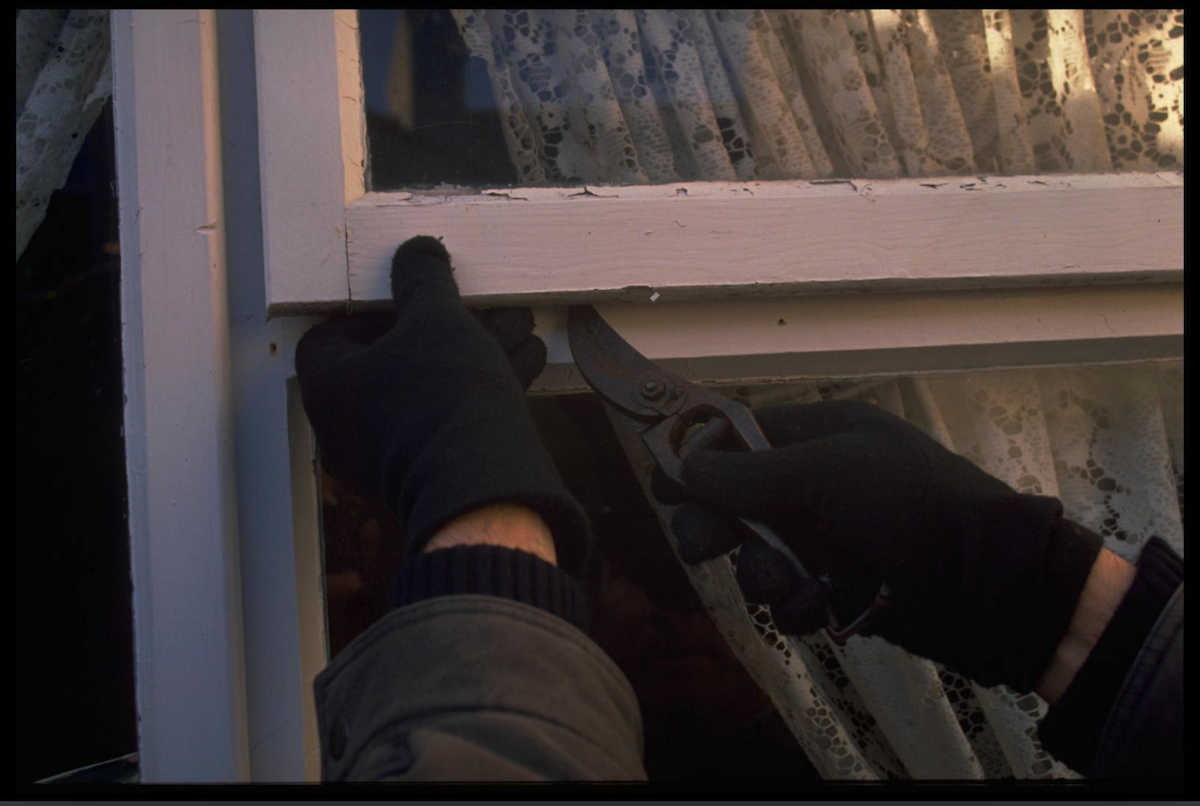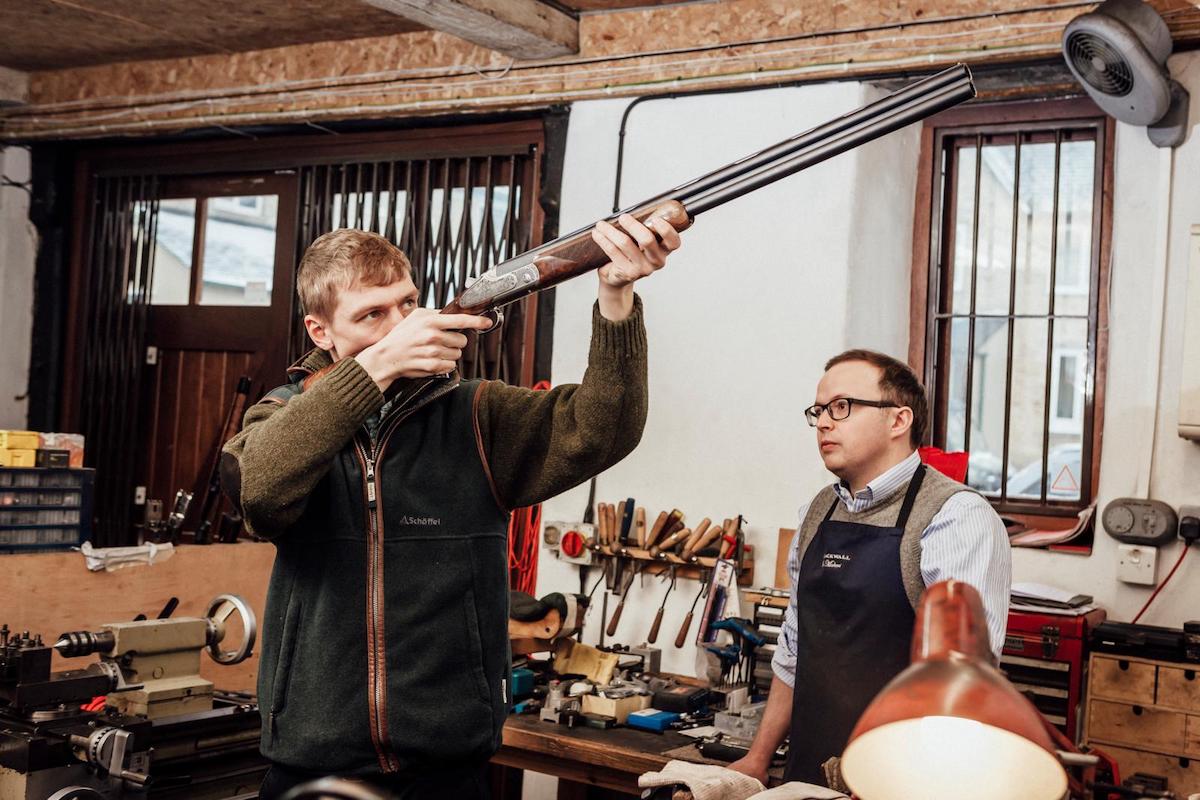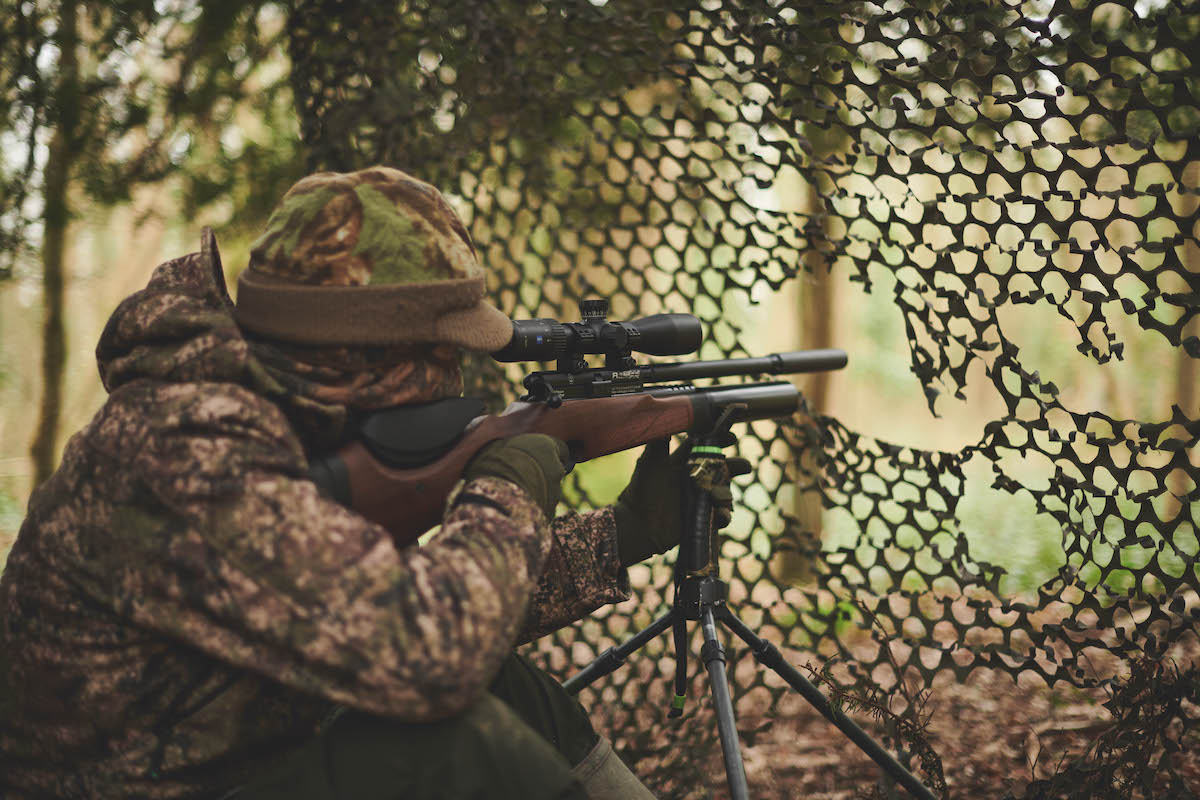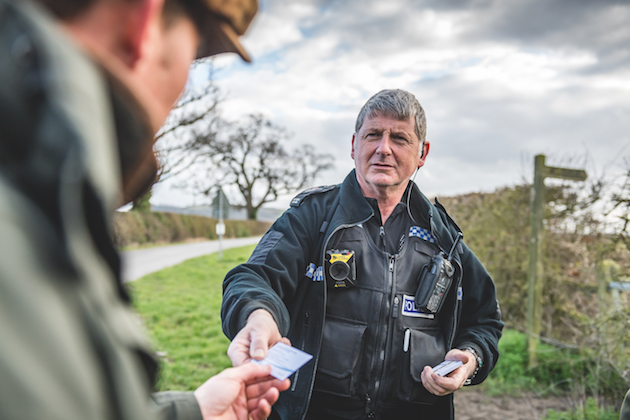Installing an intruder alarm to secure your guns: is it worthwhile?
If you own guns, the police are likely to insist that you install an intruder alarm — but it’s more useful as a deterrent than to catch a criminal in the act says Alasdair Mitchell

I have one of those smart doorbells, recording the area inside the back door, where we feed the cat. We tend to leave dry food out and the mog comes and goes through a cat flap at will. Movement notifications on my phone allow me to check that the cat is alive and munching. One of the reasons we have a cat is to catch mice. Recently, I was woken in the night by my phone buzzing. When I peered at the screen, it revealed that the camera had been triggered by a mouse. It was eating the cat food.
Triggering an intruder alarm
Various thoughts occurred to me. One of the milder ones was that it’s just as well we don’t have a conventional intruder alarm, given the amount of wildlife that seems to exercise a right to roam in our old farmhouse.
If you have an extensive collection of guns, or are a registered firearms dealer, the police will generally insist that you have a monitored intruder alarm. That seems sensible — although I do wonder about monitoring carried out by a commercial outfit, whose final recourse is to contact the police. Will the police turn up in time to prevent a burglary? Doubtful. Perhaps it’s all about deterrence. (Read our advice on gun cabinet rules.)
Alert dog
For most of us, who own just a few guns, a home alarm might give us a warm feeling, but we need to manage our expectations. Some studies show that an alert dog is as effective as anything in detecting and actually deterring an intruder. People often claim that installing a home alarm will reduce your insurance premiums, but I have yet to find this. What I have found is that most such claims originate from information proffered by the alarm industry.
Most intruder alarms are overrated. In urban zones, a ringing burglar alarm is often ignored by the passing public. And if you live in a remote area, there is nobody to even hear your alarm going off. Of course, if you are actually in the house at the time, it might alert you in time to take action. But what sort of action? Certificate holders have to be extremely careful about taking the law into their own hands. Certainly, you should call the police, but in truth they probably won’t arrive in time to make any meaningful intervention. In many cases, the police don’t even investigate burglaries after the event.
Yet as I said, most police forces insist that gun owners install an audible alarm system if they have a substantial number of firearms. Central guidance sets the threshold at between six and 10 guns. The number is supposed to be considered in combination with other key factors, such as the local crime rate. Often, the most foolproof audible alarm is one triggered by a physical sensor at an entry point. Area-based systems are all too likely to be triggered by pets, deliveries, central heating, moths, bats or whatever. (Read more on how to keep your guns and ammunition truly secure.)
If you are going to get an intruder alarm, do your research. I have found that a system incorporating cameras is very useful for telling you who is in or near your property. But I wouldn’t rely too much on any alarm system. Certainly no more than I’d rely on the damned cat to keep mice at bay.








